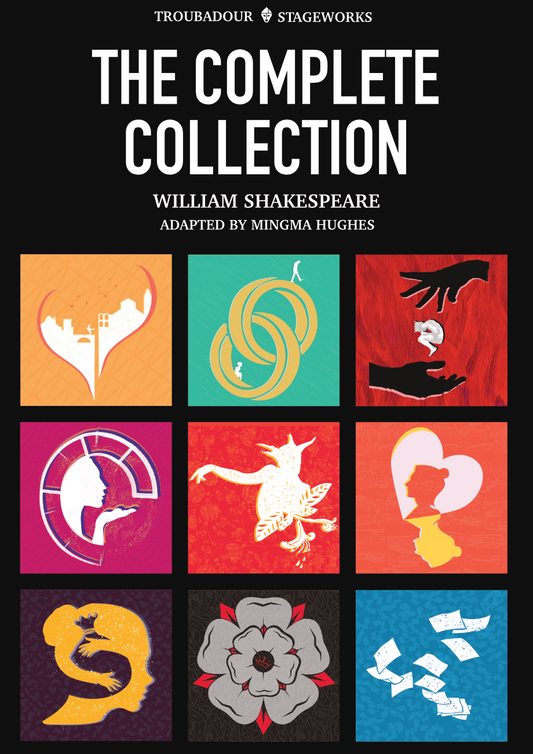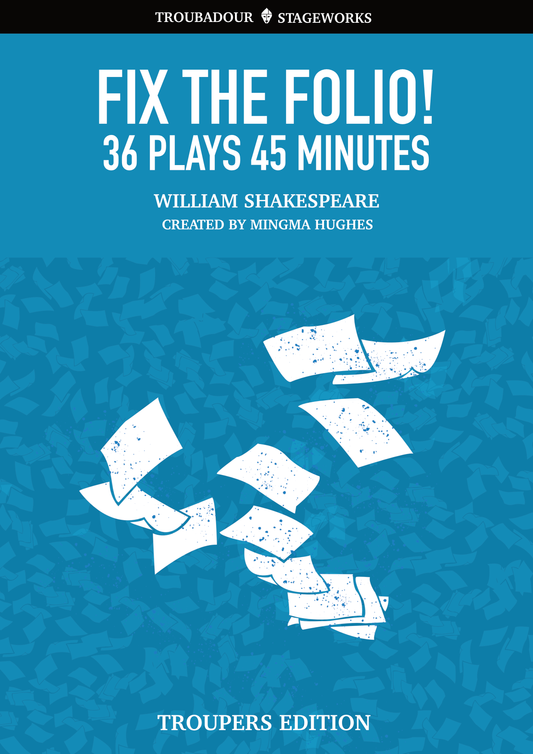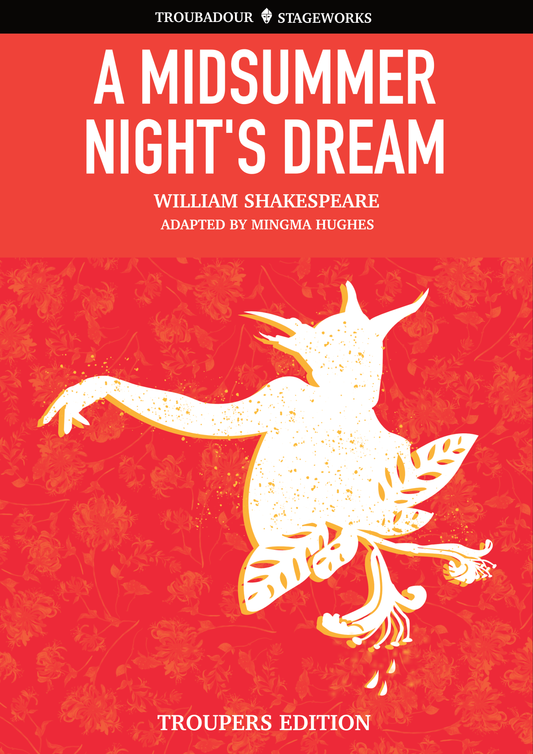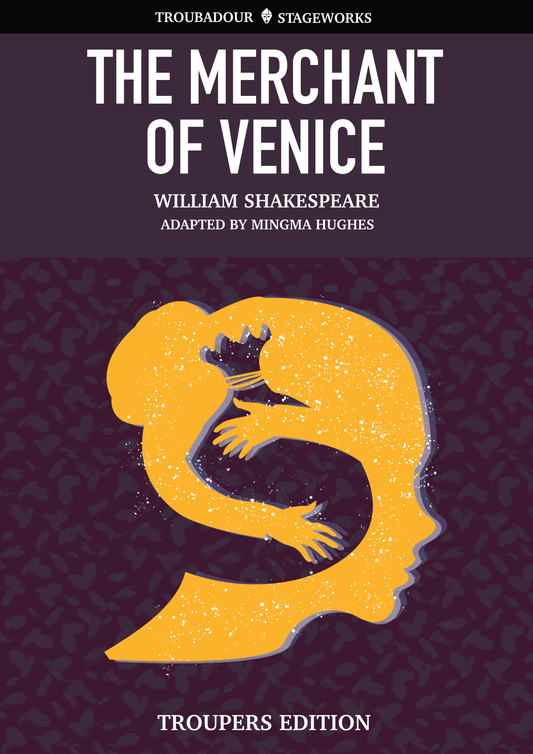Elizabeth Cary is another first - and an important one - she is the first woman known to have both written and published an original play. Until now women who could afford to, as we’ve seen, had translated and adapted some works in England, but Elizabeth was the first to create a dramatic play which was all her own. And she did it at seventeen years old.
Written in 1602 (most likely), The Tragedy of Mariam is centred on the stoic character of Mariam, the wife of King Herod II, and her sister-in-law, Salome, who eventually engineers her death. Both female characters are outspoken, and consciously challenge societal norms and the men in their lives throughout the play. It was published in 1613, along with another play of Cary’s which has been lost, which was unusual for noble women of the time. Most literary works by the aristocracy were circulated amongst friends, and it was generally looked down upon to have your work published.
This doesn’t appear to have ultimately bothered Elizabeth Cary, as it was published under her real name. But then, she was no wallflower herself. In fact, a story from her childhood recalls her intervening with her father during a witch trial and saving the woman concerned because she was able the woman’s confession was coerced. She was incredibly intelligent and passionate about educating herself, much to her parents’ distaste, who eventually banned her from reading at all because they worried she was becoming too well-read. Elizabeth bribed the servants to bring her candles in the night so she could keep studying.
When she got engaged, and shortly afterwards married, as a teenager, she lived apart from her husband until she was 23. During this time her parents apparently forbade her to write to him, instead hiring someone to write for her, as they were afraid her intelligence would scare him off. When she did manage to sneak through two letters of her own, he didn’t believe they were from her because they were far too well written and knowledgable.
Unfortunately, Elizabeth’s independent spirit when it came to religion has largely overshadowed her contribution to English literature, and until recently she was mainly remembered as a staunch convert to Catholicism at a time when England was staunchly Protestant. This resulted in her husband trying and failing to divorce her, and subsequently cutting her off financially and from their eleven children. She won them back with varying degrees of success and several legal battles after her husband’s death, and four of her daughters even ended up becoming nuns, which attests to her powers of persuasion.
Much of her story can be recovered, as her own daughters wrote her a biography after her death, however the majority of her literary work, alluded to by her daughters, has since been lost. Elizabeth Cary remains a ridiculously overlooked figure, whose work is rarely given the importance it deserves in literary history, as the first original play by a woman in England. Every record that I have found about her paints a picture of a determined, intelligent, and uncompromising woman, who is more than worth us all taking the time to find out more about.
Article and Artwork by Jasmine Silk
First Published 07/04/2021










